OUR RESPONSIBILITY
As a globally active company, we at Miles are conscious of our far-reaching responsibility to humanity and the environment. That is a why a core component of our company philosophy is constantly improving our processes and reducing our consumption of natural resources.
Through the introduction of our sustainability strategy, we have created the conditions necessary to build even more trust with our customers, employees, suppliers and our broader social environment.
Please find our Miles policy statement here.
We regularly report on progress in our sustainability goals in our Miles Sustainability Report.
Miles Sustainability Report 2021
Miles Sustainability Report 2022
IDENTIFYING RISKS, REDUCING RISKS
We at Miles as well as our parent company Li & Fung regular carry out risk analysis in order to identify and reduce unwanted side-effects of our business activities. Using the environmental and social impacts identified, we have defined the Li & Fung Code of Conduct and a range of measures such as audits and trainings to check and promote the implementation of these supplier requirements.
The key environmental risks in our supply chain include greenhouse gas emissions, water pollution, lack of resource efficiency and waste management as well as the emission of harmful substances. Key social compliance risks relate to wages and benefits, excessive overtime, lack of health and safety, discrimination as well as unauthorized subcontracting.
„Sustainability in all its forms is a central component of our business activities. This encompasses interacting conscientiously both with our environment and with all the people who work along our supply chains. This awareness is fundamental to our entire management and purchasing practices.”
Ulrich Mayer, CEO
„Sustainability in all its forms is a central component of our business activities. This encompasses interacting conscientiously both with our environment and with all the people who work along our supply chains. This awareness is fundamental to our entire management and purchasing practices.”
Ulrich Mayer, CEO
KEY CRITERIA FOR OUR SUSTAINABILITY STRATEGY
We are committed to minimizing our environmental impact wherever possible and we take our responsibility to our employees, suppliers and society very seriously. It is from this conviction that our 5 CORE GOALS were derived:
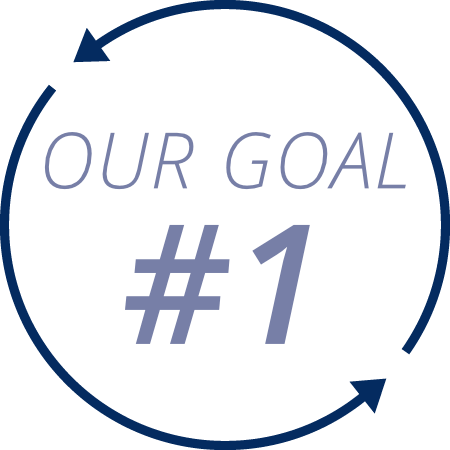
REDUCING GREENHOUSE GAS EMISSIONS
The Miles Group supports the goal of the Paris Agreement to limit global warming to significantly below 2 °C, which is why we have set ourselves the goal of an 85 % reduction in our emissions by 2050. We regularly calculate our carbon footprint and take care also to regularly monitor the progress of our improvement measures.
Bjarke Jørgensen, Manager Technical
„In our employee training sessions, we work together to find ideas for how we to manufacture our products using less CO2. This is exciting and it is great to know that every little success helps to protect our climate.”
Bjarke Jørgensen, Manager Technical
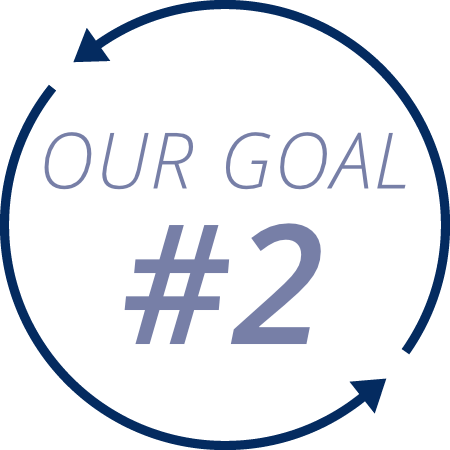
AVOIDING THE EMISSION AND USE OF HARMFUL SUBSTANCES
The GREENPEACE DETOX COMMITMENT sets the highest standards for the use of chemicals in the manufacture of textile products and shoes. The campaign likewise demands complete transparency for supply chains and the publication of test results for wastewater, which is reintroduced into the environment.
We consistently adhere to these requirements and goals in our supply chains. In the dye works, washing facilities and tanneries that process our main materials, we carry out regular wastewater and sludge analyses and monitor the results. Should we identify deviations, we support the businesses in identifying the failures and implementing the necessary corrective measures. A team of trained experts is on hand to provide local support in Europe and in our procurement markets
Trained specialists at our PRODUCTION SITES in Europe and our procurement markets provide active, on-site technical support
Before we design a product, we inform ourselves about the materials needed to make it. Our goal is to use RAW MATERIALS that have as little environmental impact as possible and, ideally, are recyclable, too.
We run regular workshops to give our employees further training in SUSTAINABLE PRODUCT DESIGN.
„We want our products to leave us with a clear conscience. Our customers trust us to deliver products that have been made in accordance with the highest ecological standards.“
Janina Lange, Product Developer
„We want our products to leave us with a clear conscience. Our customers trust us to deliver products that have been made in accordance with the highest ecological standards.“
Janina Lange, Product Developer
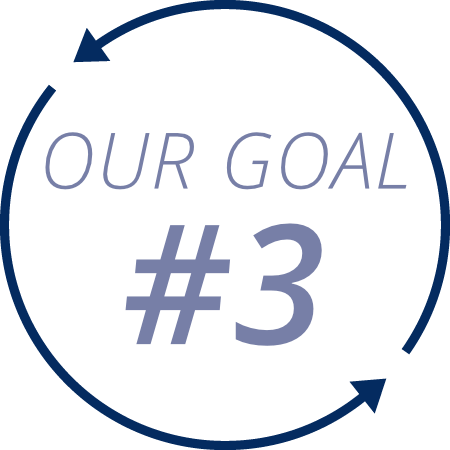
APPRECIATING THE VALUE OF OUR RESOURCES – REDUCING WASTE
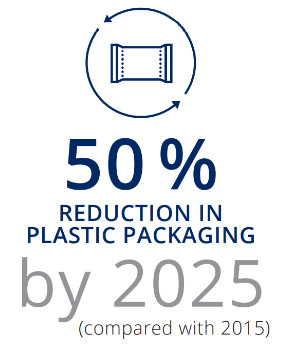
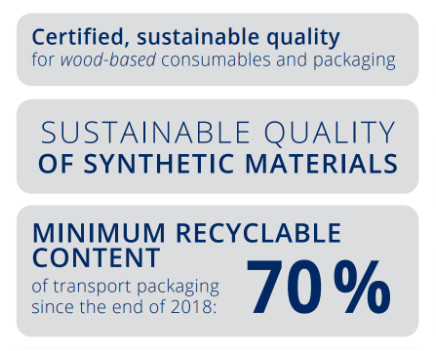
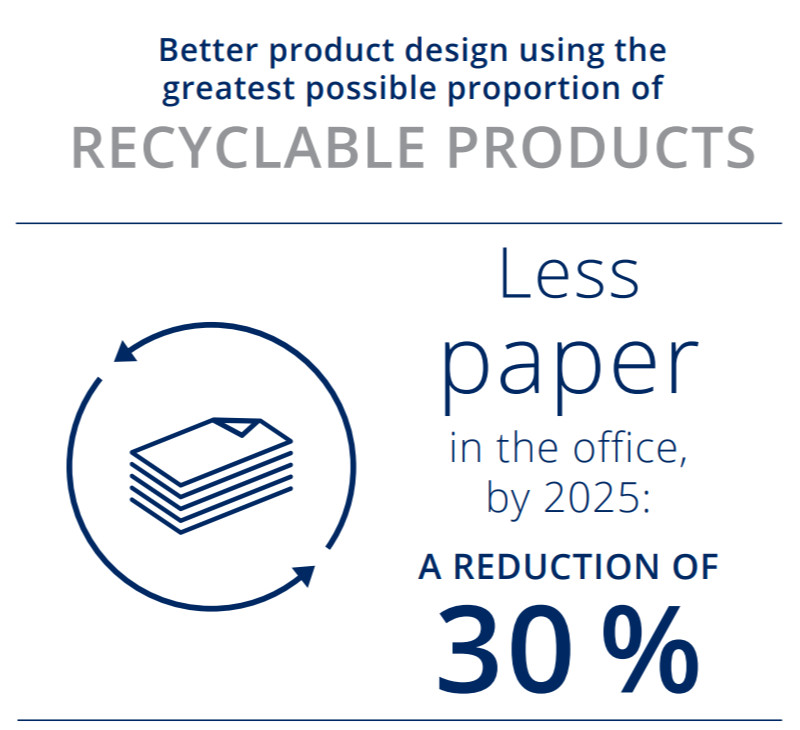
ECO-FRIENDLY WORKING:
Setting up open plan offices in an eco-friendly way (Using recycled or recyclable materials, energy-efficient
electronic devices, LED lamps etc.)
Producing minimal waste (e.g., no sugar sachets in the cafeteria.)
introduced in 2018: E-vehicle charging stations with 4 spaces
„It’s great to see that it isn’t just in the production process that we are looking for more sustainable solutions, but also in our day-to-day routines at the office. Colleagues who cycle to work or drive electric cars, recycled paper in our printers, water coolers in every kitchen, ensuring that no plastic bottles have to be bought. This feels good, it feels like the right way to work.“
Nina Haack, Sales Manager
„It’s great to see that it isn’t just in the production process that we are looking for more sustainable solutions, but also in our day-to-day routines at the office. Colleagues who cycle to work or drive electric cars, recycled paper in our printers, water coolers in every kitchen, ensuring that no plastic bottles have to be bought. This feels good, it feels like the right way to work.”“
Nina Haack, Sales Manager
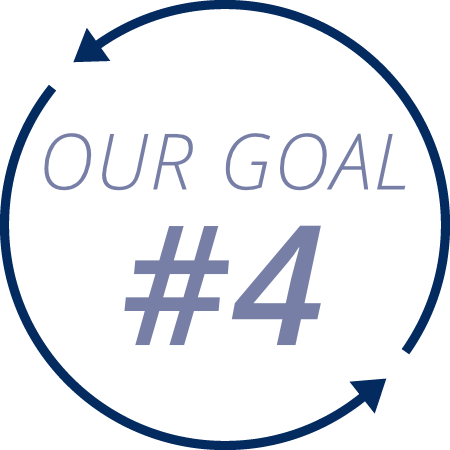
FAIR AND SAFE WORKPLACES
IMPROVING FIRE PROTECTION AND BUILDING SAFETY ALONG OUR SUPPLY CHAINS
Pictures of the Rana-Plaza building collapsing in Bangladesh were seen around the world. As more than 1,000 people lost their lives in the rubble of the eight-story building, the working conditions in many factories in the far East suddenly became visible. The most severe factory accident in history created awareness for the people who make clothes and textile consumables for the west. Textile companies were compelled to act.
As a reaction to the tragedy, brands, unions and NGOs drew up a legally binding fire safety agreement. We signed up to the agreement at the end of 2013 and since then have given continuous support to our production partners in the development of the following core areas:
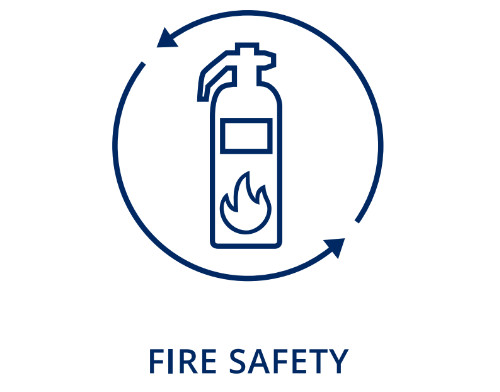
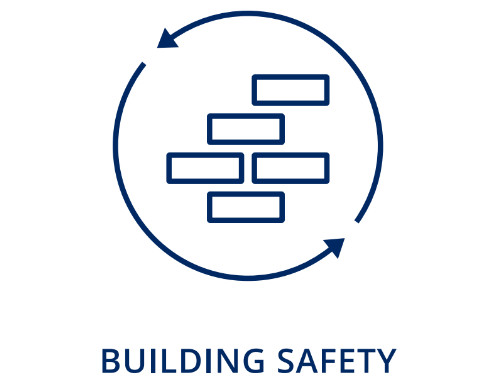
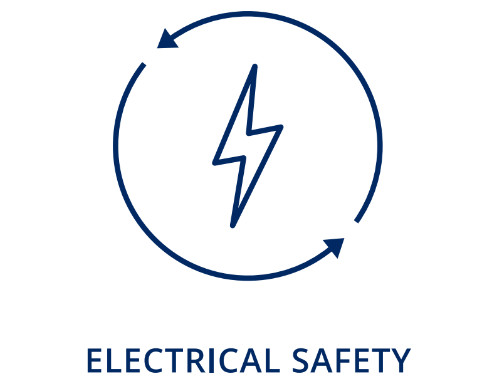
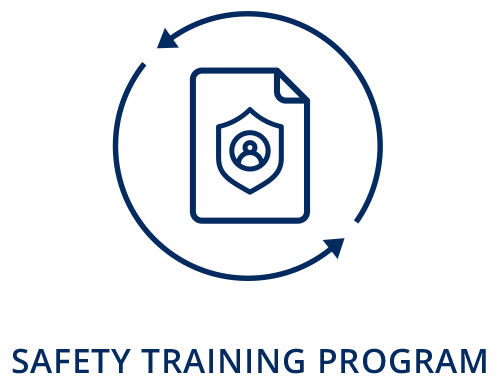
The SAFETY COMMITTEE TRAINING PROGRAM was created in 2016 and is designed to educate factory workers about safety risks as well as fire and other emergency procedures.
The Accord in Bangladesh is currently our key grievance mechanism. Workers at Miles textile suppliers can raise complaints through the RMG Sustainability Council (RSC). In case of violations against health and safety the RSC leads the remediation. For all other complaints the local Miles team in Bangladesh takes over the investigation and strives to ensure that complainants receive the demanded remedy. Most complaints refer to the payment of wages, benefits and overtime. Currently we are checking our participation in the planned Pakistan Accord.
Beyond that, Miles joined the amfori SPEAK FOR CHANGE program in Vietnam. From 2020-2022 this pilot project aimed at enabling all potentially affected parties access to a complaints mechanism. In future, we are considering to participate in the roll-out to Turkey, Bangladesh and India. Besides, amfori BSCI plans to set up grievance mechanisms in key supplier countries of amfori members.
STRENGTHENING SOCIAL COMPLIANCE WITH THE MILES MONITORING SYSTEM
We are committed to a range of standards that guarantee safety along our supply chains; these are a core
component of the agreements we have with all our partners. Through monitoring, closely coordinated with
training and workshops, we help our suppliers to adhere to these standards.
„With the measures that we have introduced, we are ensuring that disasters like that in Bangladesh stay a thing of the past. We train factory workers on-site, creating awareness for a safe working environment.“
„With the measures that we have introduced, we are ensuring that disasters like that in Bangladesh stay a thing of the past. We train factory workers on-site, creating awareness for a safe working environment.“
Corinna Westphalen, General Manager Vendor Compliance & Sustainability
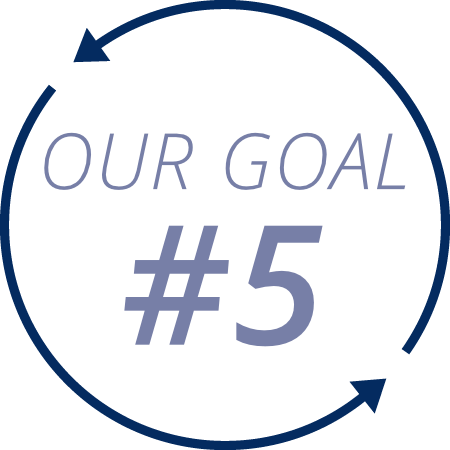
CULTIVATING A GREATER AWARENESS OF SOCIAL RESPONSIBILITY
We carry out regular training activities to strengthen the social awareness of our employees. Alongside training measures, to raise awareness for social responsibility among our suppliers, we focus on social projects, such as the Child-Friendly Spaces project in China.
MILES STANDARDS TRAININGS
We regularly provide our employees and suppliers with training on our standards, such as the Supplier Code of Conduct, on the topic of Modern Slavery, on specific social customer requirements, and high-risk areas such as forced labor.
SOCIAL DIALOGUE TRAINING
This training was created by our parent company, Li & Fung with the goal of improving the relationship between factory workers and management to prevent potential conflicts from arising.
USE CASE: CHILD FRIENDLY SPACES FOR CHILDREN OF MIGRATORY WORKERS IN CHINA
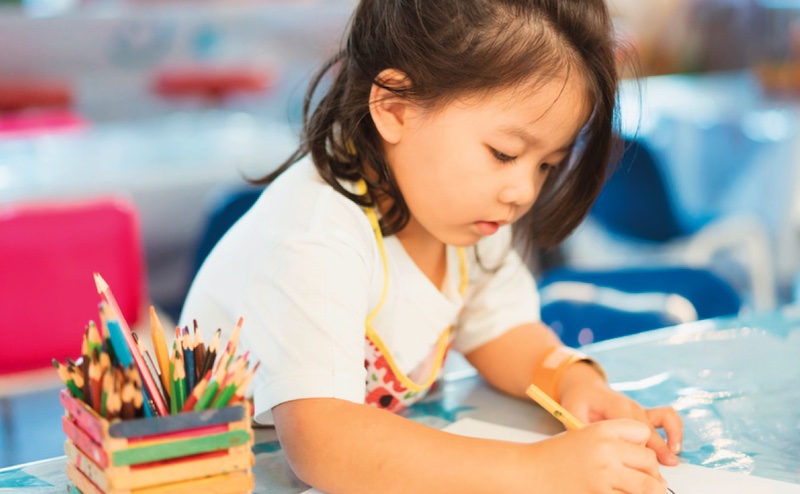
THE SITUATION
Wanderarbeiter in China only see their children in the summer vacation, while still having to keep working. Local childcare options are severely lacking.
THE SOLUTION
Together with the initiative “Center for Child Rights and Corporate Social Responsibility (CCR CSR)“, in 2019 we implemented the Child-Friendly Spaces (CFS) program in two of our Chinese factories. There are now integrated company daycare facilities at both factories.
THE RESULT
In the daycare rooms, under the supervision of trained staff the children can learn and play in a safe environment. The program also includes training given to employees on topics relevant to child safety.
